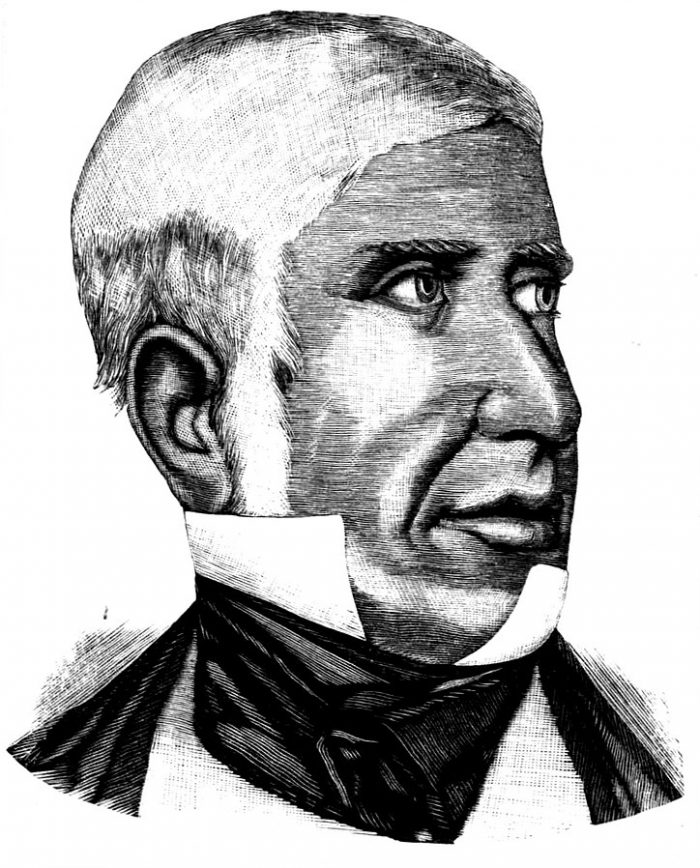At the end of 1820, Ioannis Zambelios received a letter from Christoforos Perraivos, who warned him that the outbreak of the revolution was a matter of days away and asked him to organise a meeting of Friends and warlords in Lefkada and to organise the collection of weapons, money, and supplies for the fighters.
In January 1821, there was a gathering in Lefkada of important warlords from Mainland Greece and Epirus, such as Odysseas Androutsos, Georgios Varnakiotis, Georgios Karaïskakis, Dimitrios Panourgias, Elias Mavromichalis, Georgios Tsongas, Dimitrios Makris, etc. On Carnival Sunday, at the house of Zambelios, together with other Friends, the plan for the revolution was drawn up: Androutsos and Panourgias would mobilise the eastern mainland; Varnakiotis, Tsongas and Karaïskakis, the western mainland; and the Lefkadians would undertake the gathering of armaments and send them to the insurgents together with a unit of volunteer Ionian fighters.
Indeed, following the outbreak of the revolution in March 1821, many Ionians rushed to support the Struggle for the homeland. Ioannis Zambelios remembers:
‘Oh! How many women, with an infant in their right hand and a cross in the other, accompanied them to the shore and there, having kissed each other, shouted, “Go, my husband, and be well! May God be with you!” The husband left and, bringing his clothes to his shoulders, the man fell into the sea, with his gun as a guide, through the hollows of the lagoon, reaching Lamia. It seemed to me they were baptised in God’s great font before they would baptise themselves in Turkish blood’.
On 25th March 1821, the uprising took place in mainland Greece. The significant victories achieved by the Greeks gave hope to Zambelios, who wrote in his memoires: ‘I was wondering through the streets like a man gone mad, greeting one, embracing another, enthusing the others. Glory to God! Our nation has risen, it is freeing itself, it is not a lie’.


